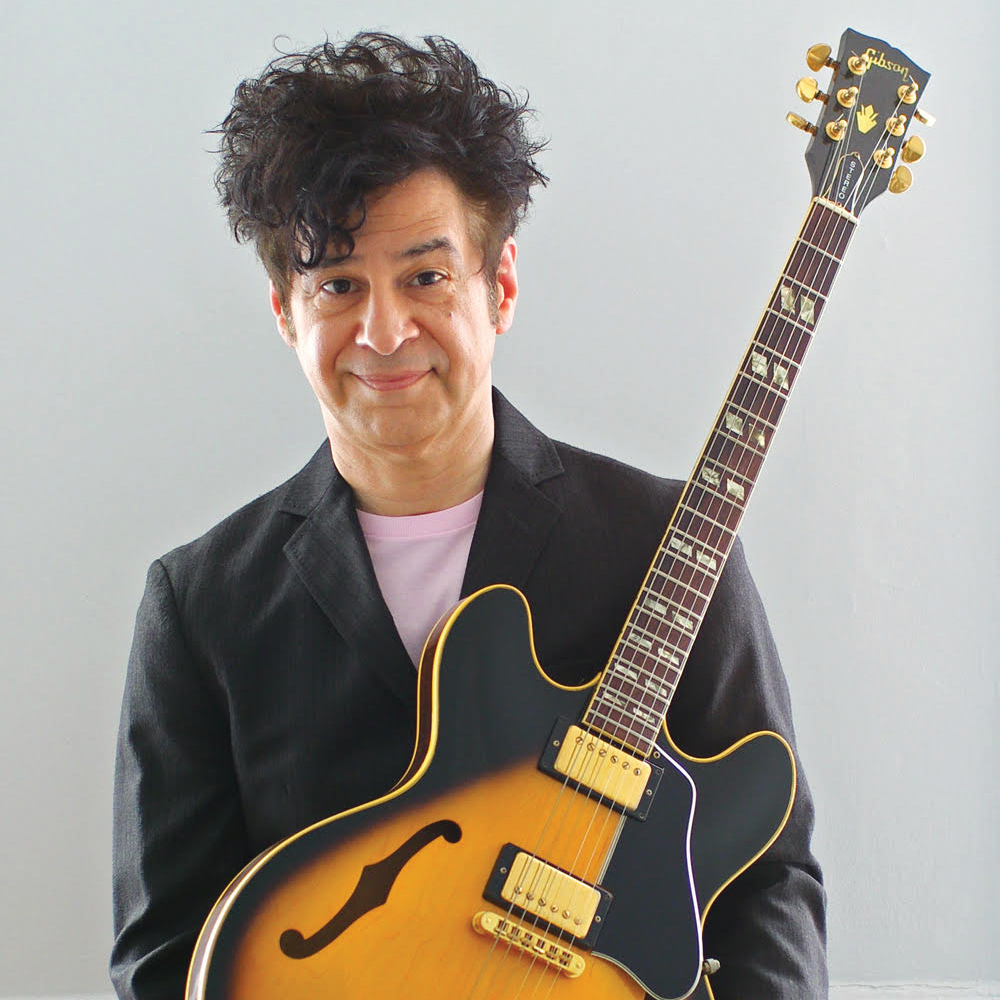James Hetfield Tells Why He’s Against Fixing the Bass on ‘…And Justice for All’

Metallica have been lambasted for some of their production decisions over the years. The low volume of Jason Newsted’s bass on 1988’s …And Justice for All and Lars Ulrich’s aggressively ringing snare drum on 2003’s St. Anger are two instances where the band has received backlash from fans and critics.
The Red Bulletin’s Nick Amies seemed to have these moments in mind when he asked if, looking at the group’s back catalog, there are any albums that make them wonder, “What the hell were we thinking?”
“There are things I would like to change on some of the records,” Hetfield replies, “but it gives them so much character that you can’t change them. I find it a little frustrating when bands re-record classic albums with pretty much the same songs and have it replace the original. It erases that piece of history.
“These records are a product of a certain time in life; they’re snapshots of history and they’re part of our story.
“OK, so …And Justice for All could use a little more low end and St. Anger could use a little less tin snare drum, but those things are what make those records part of our history.”
On the subject of artistic control, both Hetfield and Ulrich say it’s always been important to Metallica and remains so.
“We’ve always been control freaks,” Hetfield says. “As artists, we’ve always felt the need to have at least some control over how our art is presented. Whether you’re an artist or a sculptor, you’re going to have a strong opinion on how your art is hung or where it’s placed—that’s part of the artistic vision.”
All the latest guitar news, interviews, lessons, reviews, deals and more, direct to your inbox!
Christopher Scapelliti is editor-in-chief of Guitar Player magazine, the world’s longest-running guitar magazine, founded in 1967. In his extensive career, he has authored in-depth interviews with such guitarists as Pete Townshend, Slash, Billy Corgan, Jack White, Elvis Costello and Todd Rundgren, and audio professionals including Beatles engineers Geoff Emerick and Ken Scott. He is the co-author of Guitar Aficionado: The Collections: The Most Famous, Rare, and Valuable Guitars in the World, a founding editor of Guitar Aficionado magazine, and a former editor with Guitar World, Guitar for the Practicing Musician and Maximum Guitar. Apart from guitars, he maintains a collection of more than 30 vintage analog synthesizers.

